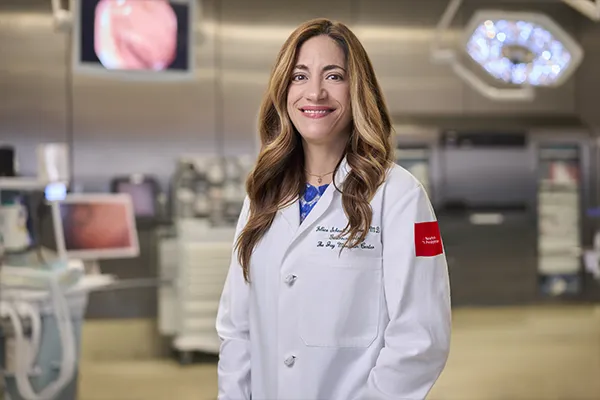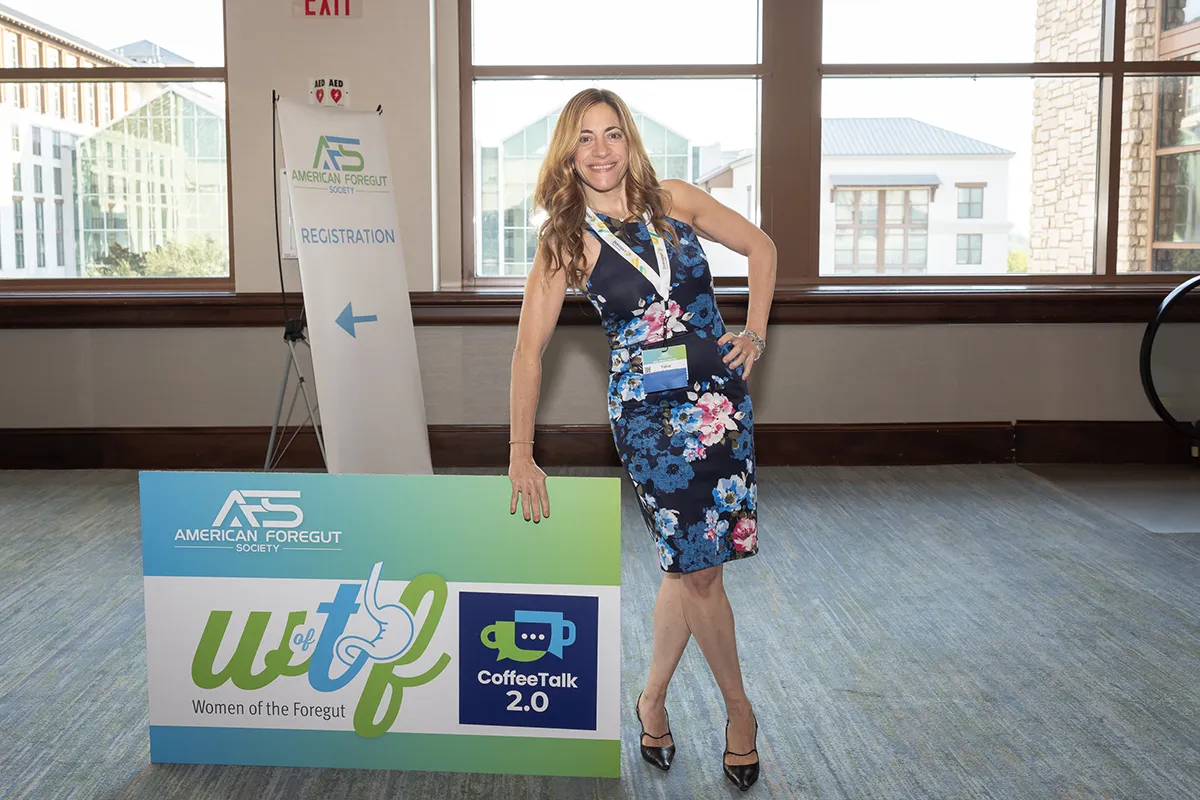When it comes to patient care, Dr. Felice Schnoll-Sussman wants everyone she treats to feel as if they are receiving, in her words, “a warm hug.”
“Even though I practice in a big academic medical center, I’ve always wanted it to feel like I’m providing concierge medicine,” says Dr. Schnoll-Sussman, Director of the Jay Monahan Center for Gastrointestinal Health at NewYork-Presbyterian and Weill Cornell Medicine. “I want the patient to feel as if their needs are being met and that we’re respecting them on every level.”
In early 2020, she realized that the traditional care model — a patient with symptoms comes for an initial visit, then must return for subsequent tests or specialist visits — was creating potentially months-long delays in diagnosis and treatment.
After almost two years of planning and preparation, Dr. Schnoll-Sussman launched the Dedicated Integrated GastroESophageal Treatment (DIGEST) program to help treat issues of the foregut, which can range from refractory reflux disease to motility disorders to esophageal cancer. Within her new integrated and multidisciplinary care team model, specialist visits and diagnostic tests are coordinated over the course of a few days, followed by a comprehensive meeting between the patients and their doctors to go over a treatment plan.
Dr. Schnoll-Sussman spoke with NYP Advances to share more about how the DIGEST program came together, how she defines personalized care, and advice she has for other doctors — and in particular, women — entering this field.
Launching DIGEST required some systemic changes. How did you get buy-in from your colleagues?
I’m a very enthusiastic person so I tried to help people see the vision. It’s easy to bring on the early adopters, so my strategy was to first get buy-in from the people who I knew would be critical. It’s natural for people to think they’re already doing things right, but when you put the data in front of them, it’s very hard to refute. I looked at a year’s worth of our data for patients who have dysphagia and found that from the time that they presented with difficulty swallowing to the time they got their diagnosis, they could experience potential delays of up to eight months. So, you have to ask yourself, what kind of morbidity is the patient experiencing over that timeframe? We had to figure out how to break down the silos between gastroenterologists and our surgical colleagues; streamline radiologic and endoscopic evaluations; and simply work more efficiently together.
Patients in the program now spend, on average, three to five days completing their appointments and can receive a full diagnostic workup in about 10 business days. And the camaraderie we’ve built through this program has been enormous. It’s exciting to be in the room with all these people that love taking care of patients.






